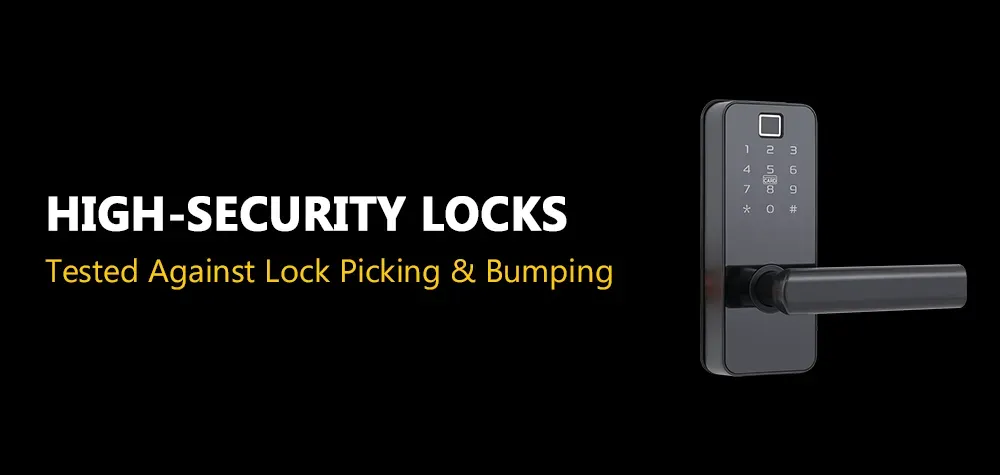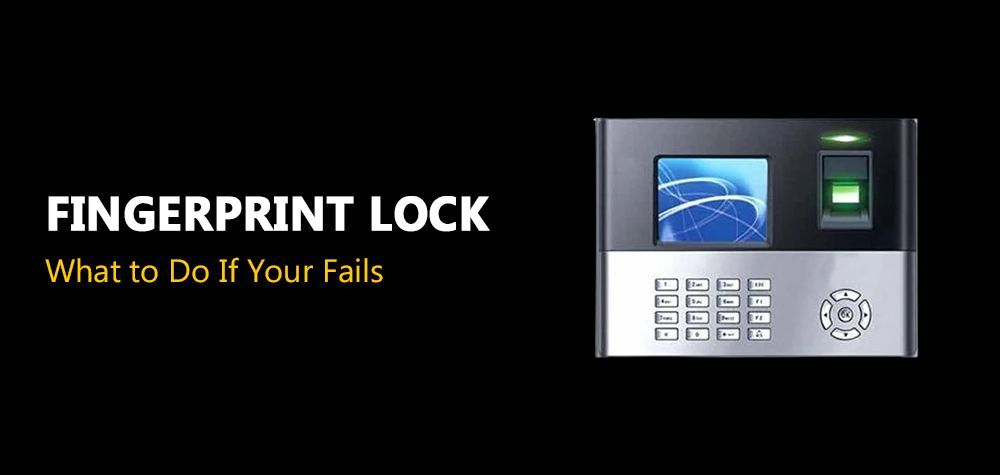Best Ways to Avoid Locksmith Scams
Welcome to our guide on avoiding locksmith scams, where we equip you with valuable insights to protect yourself from fraudulent practices. Locksmith scams are unfortunately prevalent, and being informed is the first line of defense. In this comprehensive guide, we'll provide top tips to help you navigate the locksmith hiring process securely. From verifying credentials to recognizing red flags, we'll empower you to make informed decisions, ensuring you receive reliable locksmith services without falling victim to deceptive practices. Stay one step ahead, arm yourself with knowledge, and confidently engage locksmith services with the assurance of authenticity and trustworthiness.
1. Exercise Caution with Toll-Free Phone Numbers
Exercise caution when encountering toll-free phone numbers for locksmith services. Scammers often use these numbers to appear legitimate, luring unsuspecting individuals. Verify the locksmith's credentials, inquire about their physical location, and be wary if they hesitate to provide clear information. Avoid potential scams by ensuring transparency and legitimacy before engaging with locksmith services.
2. Steer Clear of Unnamed Locksmith Companies
Steer clear of no-name locksmith companies to safeguard yourself from potential scams. Reputable locksmiths establish a recognizable brand, complete with proper identification and a physical address. No-name entities may lack the necessary credentials, leading to subpar services or even scams.
Prioritize well-established locksmiths with positive reviews and a proven track record. Avoiding no-name companies ensures you receive reliable and trustworthy locksmith services, reducing the risk of falling victim to deceptive practices and substandard workmanship. Prioritize transparency, legitimacy, and a solid reputation when selecting a locksmith to secure your property.
3. Verify Authentic Locksmith Branding on the Vehicle
Ensure the legitimacy of a locksmith by verifying their branding on the service vehicle. Legitimate locksmiths typically feature clear and professional branding on their cars, including the company name and logo. Scammers may lack proper identification. Before engaging their services, confirm the branding aligns with the locksmith company you contacted. This visual verification adds an extra layer of security, helping you avoid potential scams and ensuring you entrust your needs to a credible locksmith.
4. Verify Identification Credentials
When hiring a locksmith, always check their identification to ensure legitimacy. A reputable locksmith will readily provide identification with their name and company details. Scammers may hesitate or offer vague information. In Alabama, Alaska, Arizona, Arkansas, California, Colorado, Connecticut, Delaware, Florida, Georgia, Hawaii, Idaho, Illinois, Indiana, and Iowa, adherence to this practice ensures you engage a trustworthy professional, reducing the risk of falling victim to locksmith scams.
5. Exercise Caution with Abnormally Low Prices
Be cautious of locksmiths quoting unusually low prices, often in the range of $15 to $50, as this may signal potential scams. Scammers may attract customers with enticingly low rates over the phone, only to inflate costs later. Genuine locksmiths consider labor, materials, and tools, so significantly lower prices may indicate dishonest practices. Prioritize transparency, insist on a detailed, written estimate before agreeing to any services, and protect yourself from falling victim to deceptive pricing tactics. Ensure the reliability and credibility of the locksmith you choose by staying vigilant against suspiciously low quotes.
6. Confirm Prices Prior to Commencing the Job
Before commencing any locksmith job, ensure to verify the agreed-upon prices to prevent potential scams. Reputable locksmiths provide clear, written estimates detailing all associated costs. Scammers may attempt to inflate prices once the job is underway, emphasizing the importance of confirming the agreed-upon rates beforehand. Protect yourself by insisting on transparency and clarity regarding pricing, guaranteeing a fair and trustworthy transaction with your chosen locksmith.
7. Avoid Permitting Lock Drilling by the Locksmith
Exercise caution if a locksmith suggests drilling your lock, as it may be an indication of potential scams. Legitimate locksmiths explore alternative methods first, reserving drilling as a last resort. Unscrupulous locksmiths may use this tactic unnecessarily, leading to unnecessary expenses and possible damage. Before approving such measures, inquire about alternative solutions and seek a second opinion if needed. Avoid unnecessary costs and potential damage by ensuring the locksmith follows proper procedures, promoting a trustworthy and fair resolution to your lock-related issues.
8. Discover a Trusted Locksmith in Advance
Proactively find a reputable locksmith before emergencies arise. Research local locksmiths, verify credentials, and read customer reviews. Having a trusted locksmith in advance ensures prompt and reliable service during urgent situations, minimizing the risk of falling victim to scams. Additionally, establishing a relationship with a reputable locksmith fosters a sense of security, knowing you can rely on a professional when needed. This foresight allows you to make informed choices based on credibility and experience rather than succumbing to potential scams during stressful lockout situations.
9. Pose Relevant Queries to Prevent Locksmith Scams
When hiring a locksmith, asking the right questions is crucial to avoid scams. Ensure transparency and legitimacy by posing inquiries such as:
- What is your physical address?
- Can you provide identification and proof of licensing?
- What is the total cost, including labor and any additional fees?
- Do you have insurance to cover potential damages?
- What methods will you use to open the lock?
- Are there any hidden charges I should be aware of?
- Can you provide references or customer reviews?
- What's the name of locksmith who will be coming?
Asking these questions helps you assess the locksmith's credibility, preventing potential scams and ensuring you engage a reliable professional for your needs.
DIY Vs. Hiring a Professional
Choosing between DIY and hiring a professional locksmith involves weighing factors like expertise and cost. While DIY may seem cost-effective initially, improper handling can lead to damage or security risks. Professionals offer skills and assurance. Prices vary; DIY incurs material costs, while locksmith services range from $50 to $200 for lockouts and $100 to $300 for installations. Investing in a pro guarantees quality work, preventing potential complications. Evaluate the complexity of the task, your skill level, and potential long-term costs before deciding, prioritizing security and efficiency.
Cost to Hire a Locksmith
The cost to hire a locksmith varies based on services. For common tasks like lockouts, expect to pay $50 to $200. Lock installations may range from $100 to $300. Emergency services or after-hours calls may incur additional charges. Prices can be influenced by factors such as location, complexity, and type of lock. It's advisable to request a detailed estimate before engaging services to ensure transparency. While DIY may seem cost-effective, professional locksmith services provide expertise, reliability, and a guarantee against potential complications, offering a worthwhile investment for the security of your property.
Call Us Any Time!
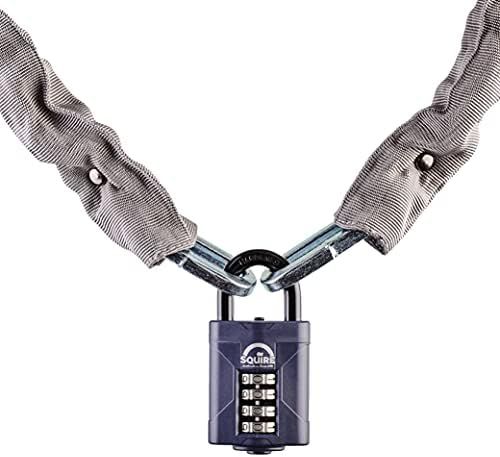
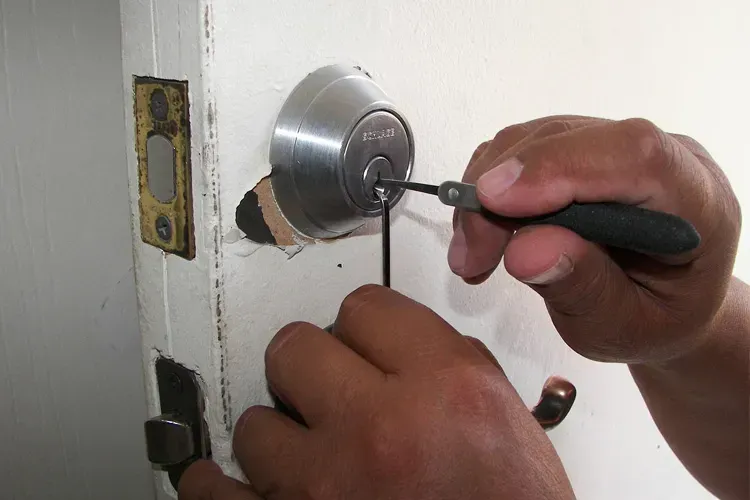

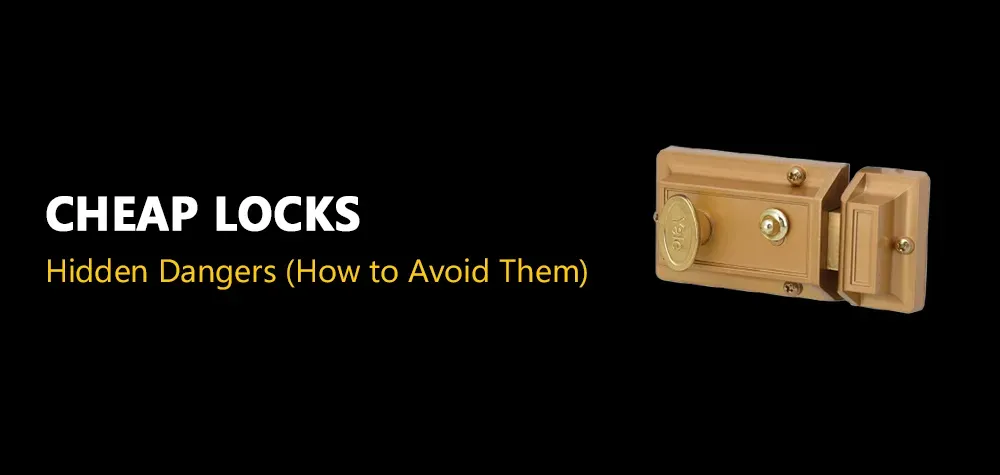
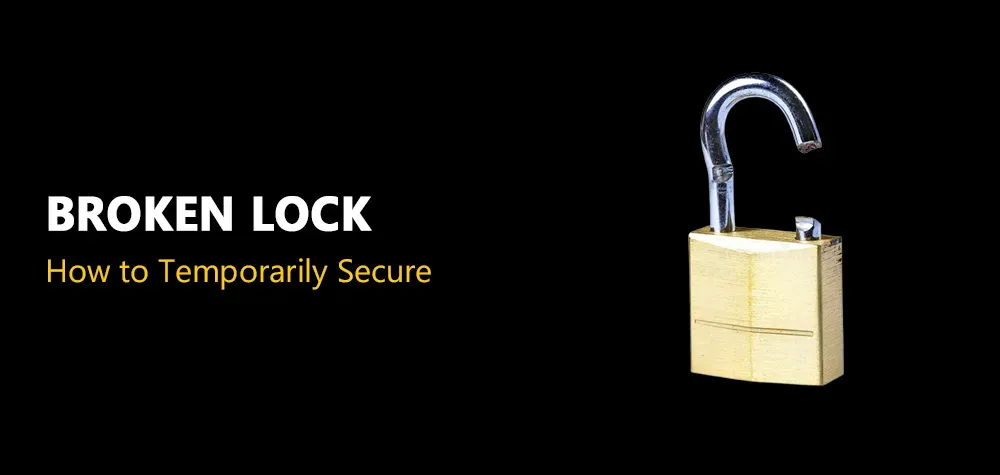
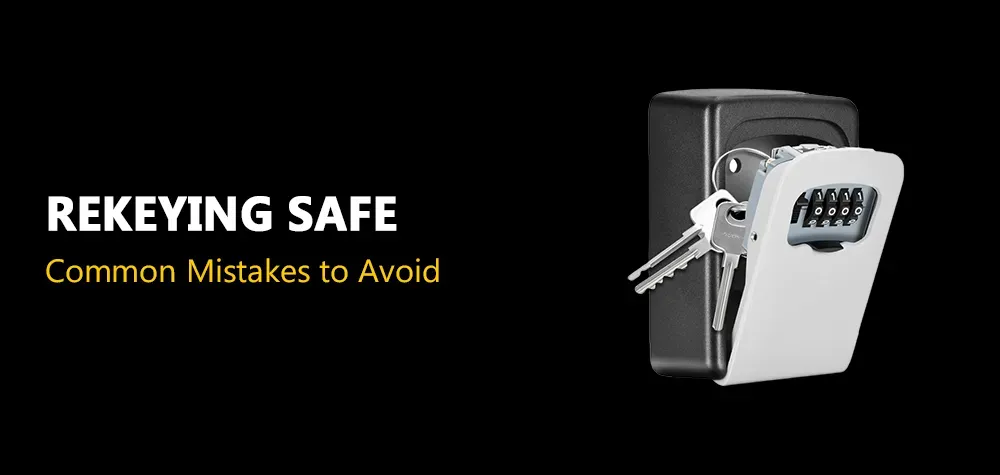
BROTHERS LOCKSMITH
All Rights Reserved | brothers-locksmith.com
Privacy Policy


